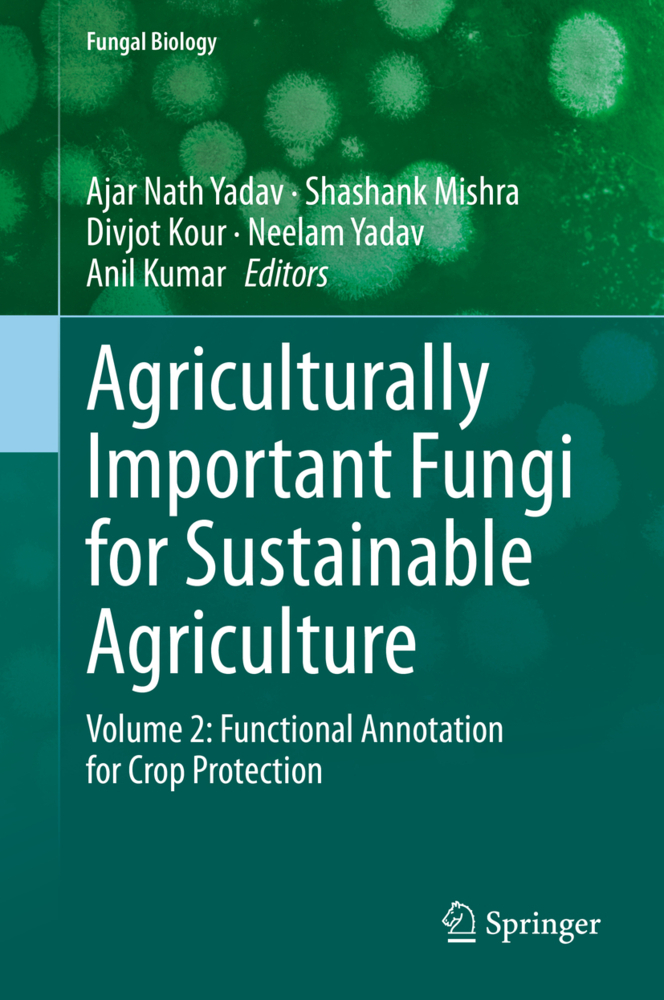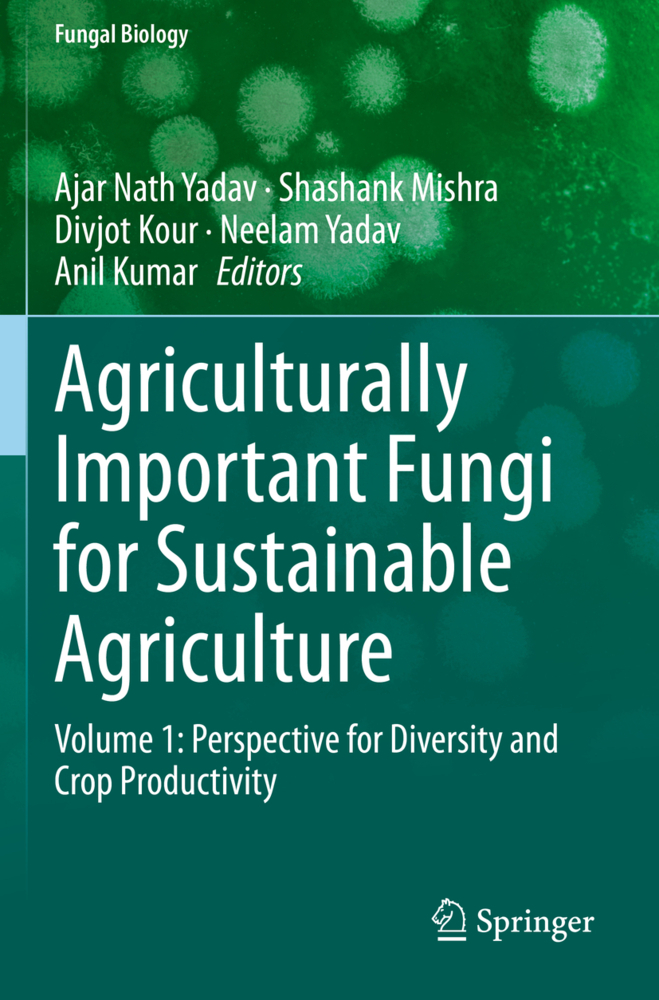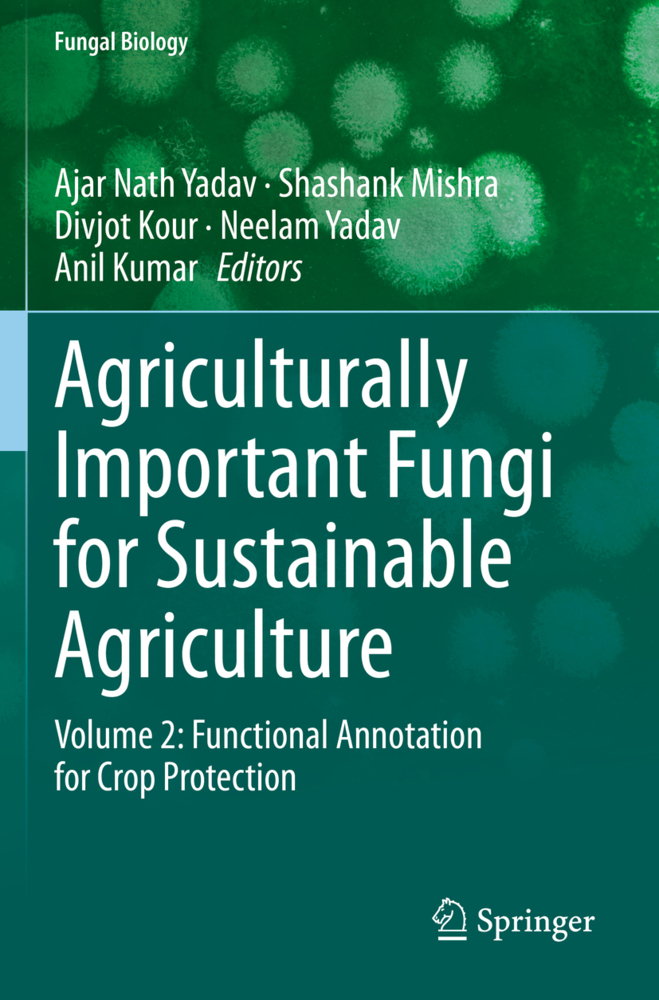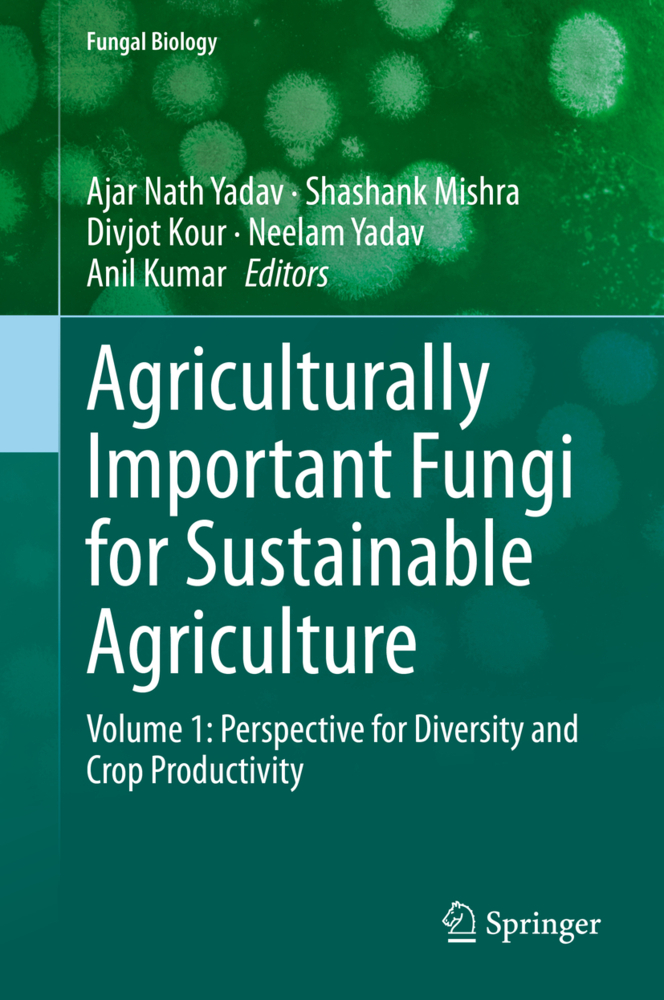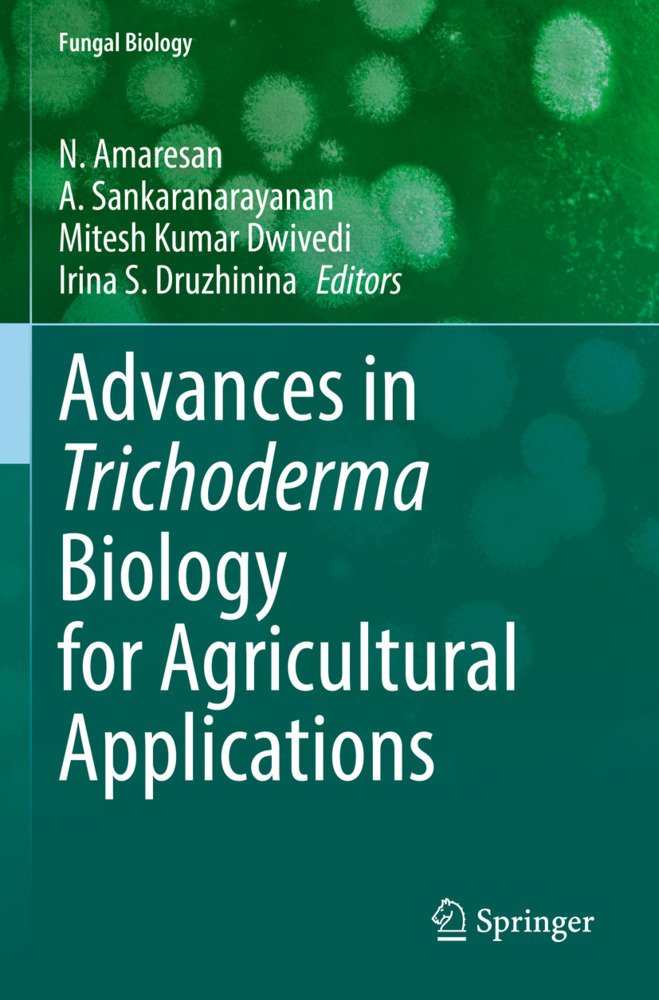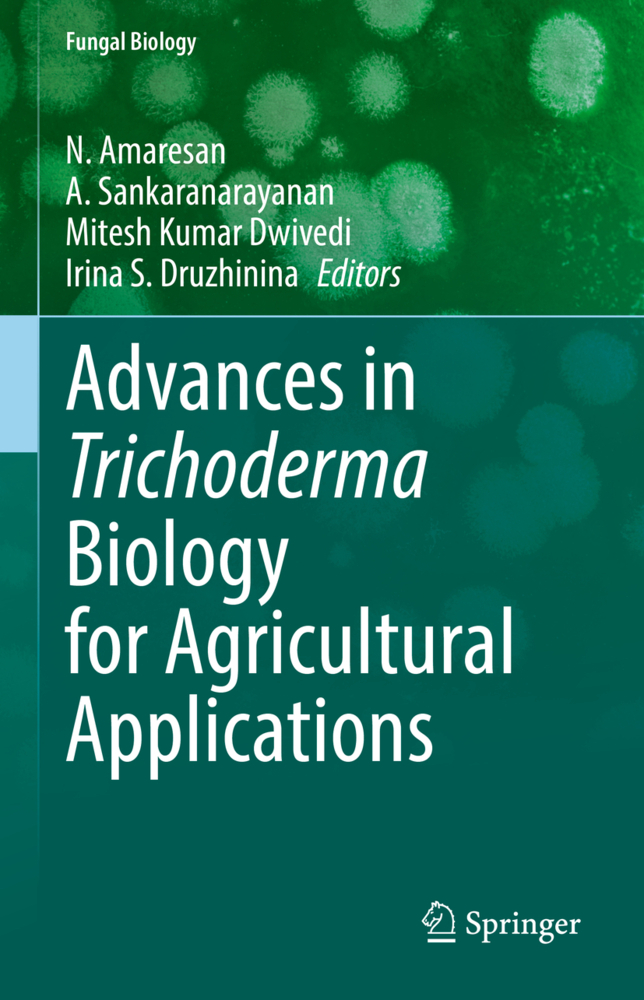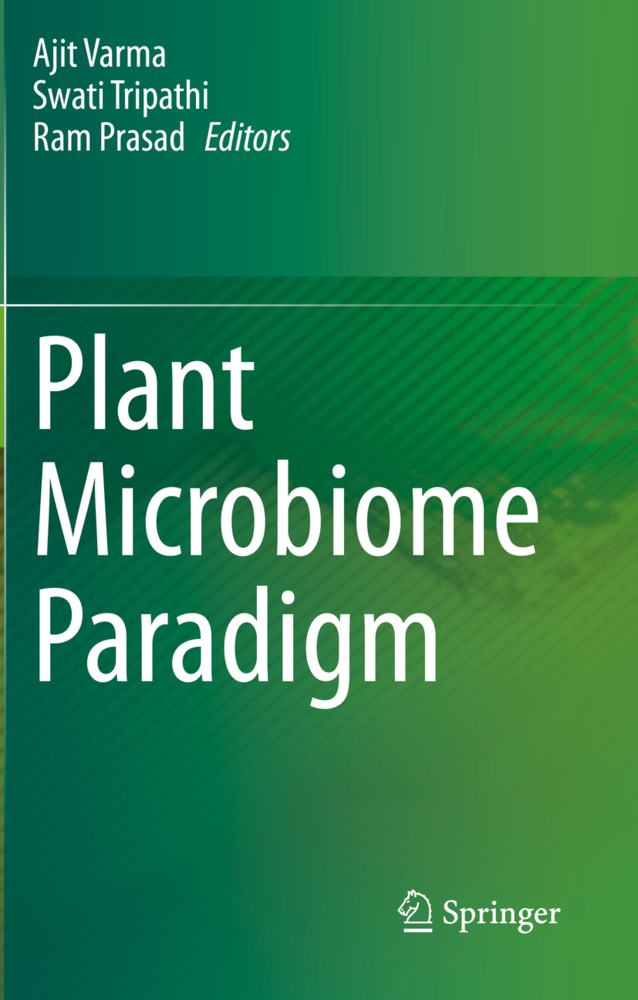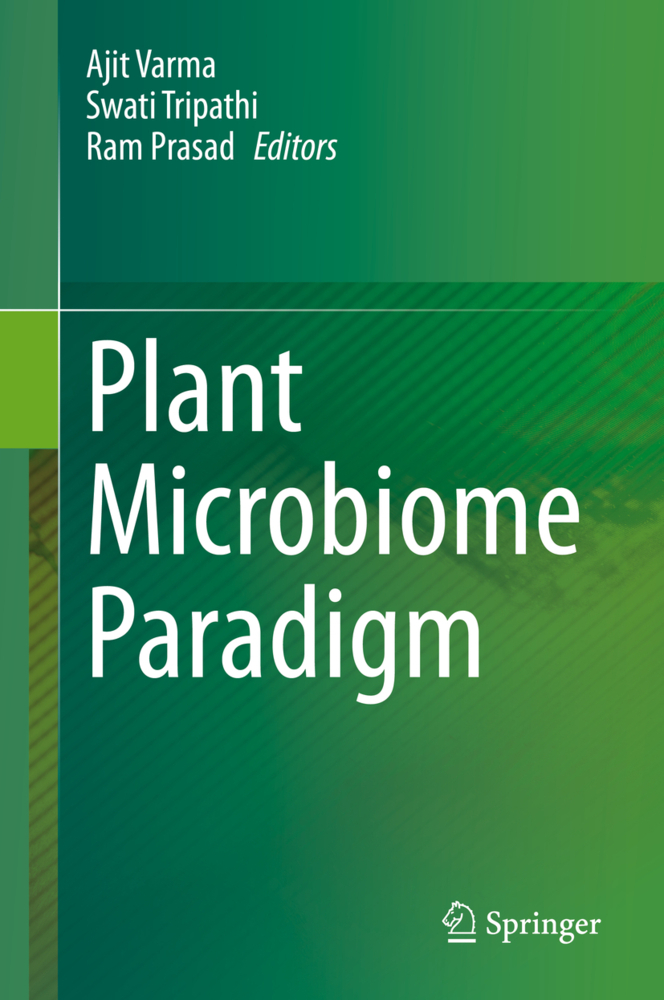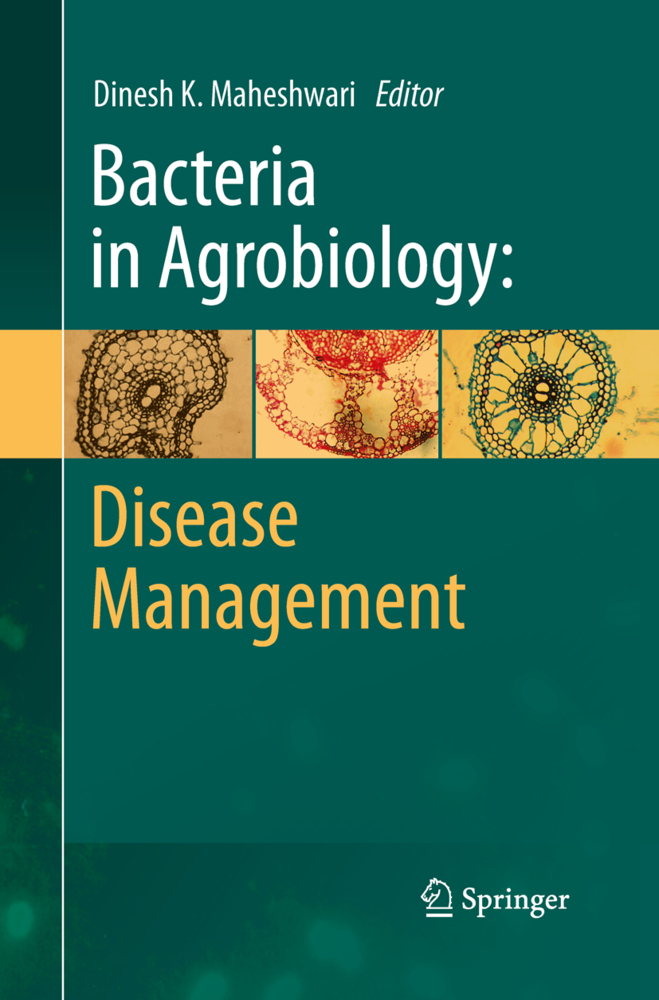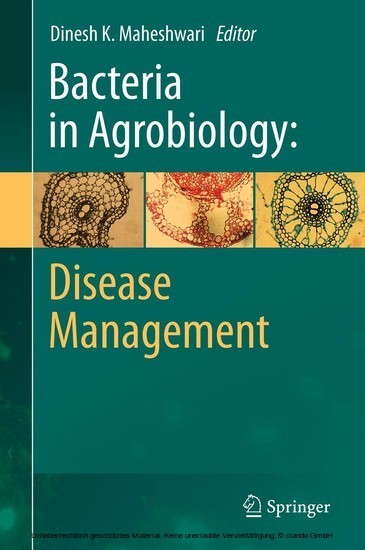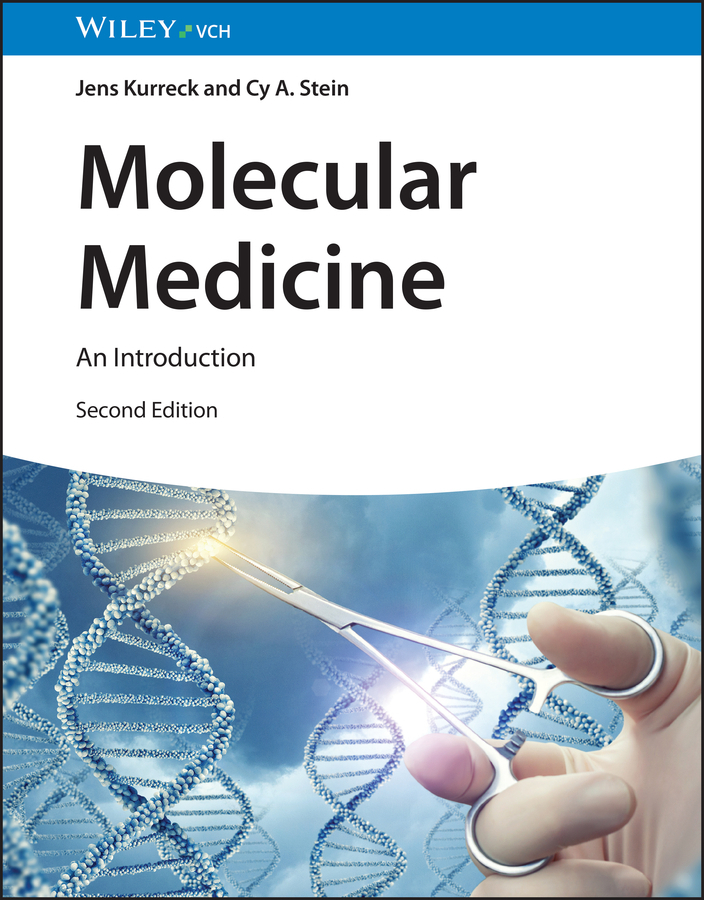Agriculturally Important Fungi for Sustainable Agriculture
Agriculturally Important Fungi for Sustainable Agriculture
Microbes are ubiquitous in nature. Among microbes, fungal communities play an important role in agriculture, the environment, and medicine. Vast fungal diversity has been found in plant systems. The fungi associated with any plant system are in the form of epiphytic, endophytic, and rhizospheric fungi. These associated fungi play important roles in plant growth, crop yield, and soil health.
The rhizospheric fungi present in rhizospheric zones have a sufficient amount of nutrients released by plant root systems in the form of root exudates for growth, development, and activities of microbes. Endophytic fungi enter in host plants mainly through wounds that naturally occur as a result of plant growth, or develop through root hairs and at epidermal conjunctions. The phyllospheric fungi may survive or proliferate on leaves, depending on the extent of influences of material in leaf diffuseness or exudates.
The diverse group of fungal communities is a key component of soil-plant systems, where they are engaged in an intense network of interactions in the rhizospheric, endophytic, and phyllospheric areas, and they have emerged as an important and promising tool for sustainable agriculture. These fungal communities help to promote plant growth directly or indirectly by mechanisms for plant growth-promoting (PGP) attributes. These PGP fungi can be used as biofertilizers, bioinoculants, and biocontrol agents in place of chemical fertilizers and pesticides in an environmentally and eco-friendly manner.This book covers the current knowledge of plant-associated fungi and their potential biotechnological applications in agriculture and allied sectors. This book should be useful to scientists, researchers, and students of microbiology, biotechnology, agriculture, molecular biology, environmental biology, and related subjects.
Preface.- Introduction to Agriculturally Important Fungi for Crop Protection.- Role of Fungi in Adaptation of Agriculture Crops to Abiotic Stresses.- Arbuscualr Mycorrhizae Associations and Role in Mitigation of Drought Stress in Plants.- Fungal Mediated Alleviation of Cold Stress for Growth and Yield of Cereal Crops.- Soil Salinity and their Alleviation Using Plant Growth Promoting Fungi.- Phytohormones Producing Fungal Communities.- Fungal Secondary Metabolites and Bioactive Compounds for Plant Defence.- Fungal Endophytes.- Aspergillus Mycotoxins.- Trichoderma.- Piriformospora indica.- Bioresources for Control of Plant Parasitic Nematodes.- Global Scenario of Advance Fungal Research in Biocontrol and Crop Protection.- Index.-
Yadav, Ajar Nath
Mishra, Shashank
Kour, Divjot
Yadav, Neelam
Kumar, Anil
| ISBN | 978-3-030-48473-6 |
|---|---|
| Artikelnummer | 9783030484736 |
| Medientyp | Buch |
| Copyrightjahr | 2020 |
| Verlag | Springer, Berlin |
| Umfang | XVIII, 370 Seiten |
| Abbildungen | XVIII, 370 p. 40 illus., 20 illus. in color. |
| Sprache | Englisch |

